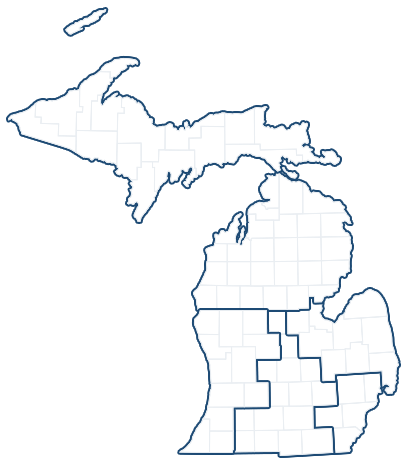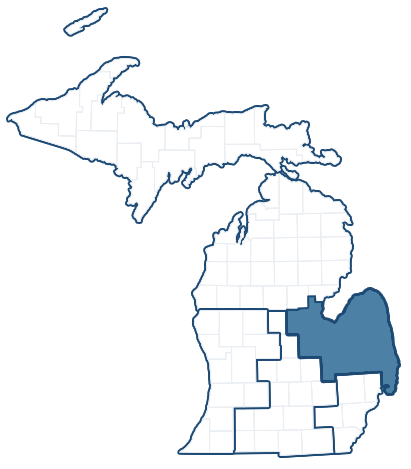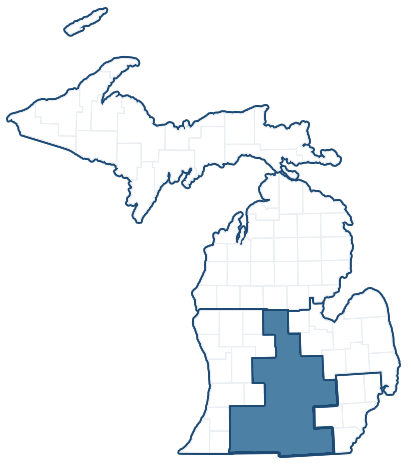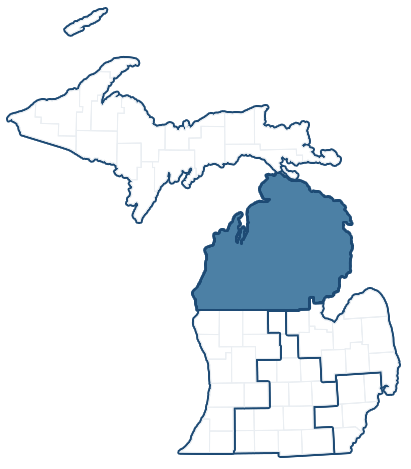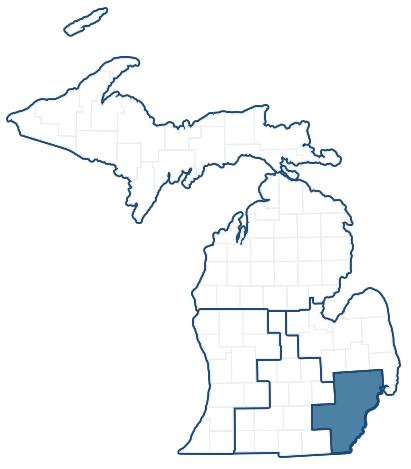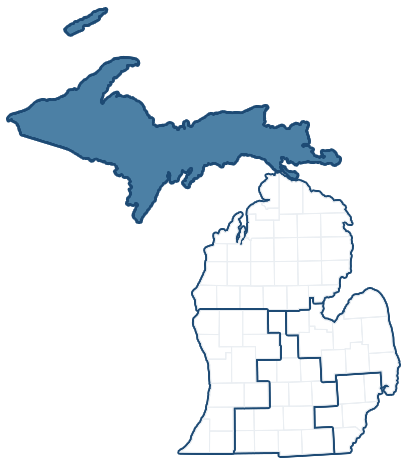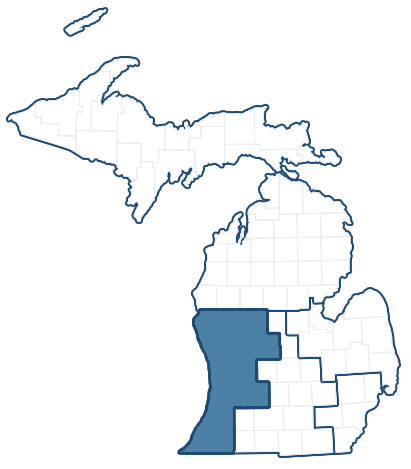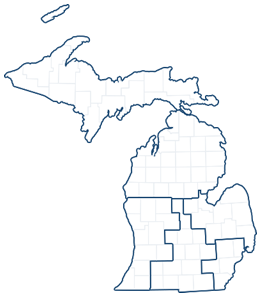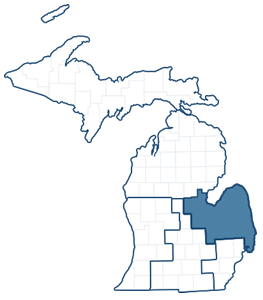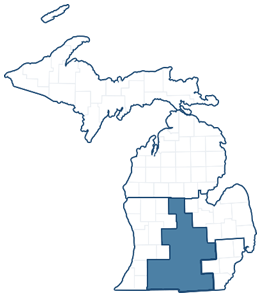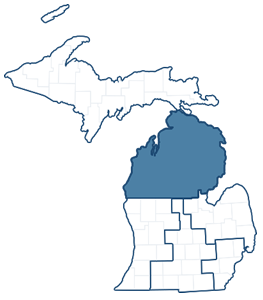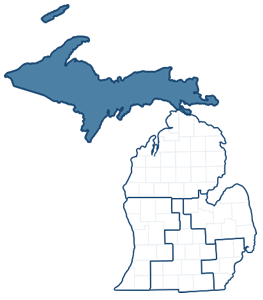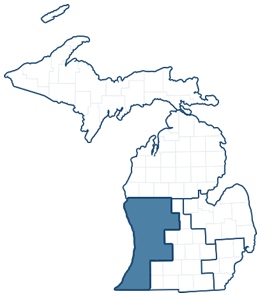Stabenow, Cummings Call for Government Accountability Office Review of Potential Patent Infringement by Gilead Pharmaceuticals
Gilead’s HIV-prevention drug, Truvada, relies on taxpayer-funded research and government patents but is unaffordable for most Americans
Tuesday, June 18, 2019WASHINGTON, D.C. – U.S. Senator Debbie Stabenow (D-MI), Ranking Member of the Health Subcommittee of the Senate Finance Committee, and U.S. Congressman Elijah Cummings (D-MD), Chairman of the House Oversight and Reform Committee, today called for a Government Accountability Office review of how the Department of Health and Human Services (HHS) prevents pharmaceutical companies from infringing on government-owned patents. They also called for a review of how HHS could use the process of licensing government-held patents to improve drug access and affordability.
The lawmakers previously submitted separate requests to HHS seeking documents and information about patents relevant to Gilead Sciences’ HIV-prevention drug, Truvada, which was approved for PrEP based on taxpayer-funded research and government patents, but is unaffordable for most Americans.
“Numerous reports have suggested that Gilead Sciences may be infringing on several patents held by the United States of America through the Centers for Disease Control and Prevention, which are relevant to the use of Gilead’s drug Truvada for pre-exposure prophylaxis (PrEP),” the lawmakers wrote. “If true, this would mean that a private entity has generated billions of dollars in revenue over several years while infringing on government-owned intellectual property, and that the government either failed to detect the infringement or was aware but failed to prevent it.”
“We are requesting that you conduct a review of the steps that HHS takes to detect and prevent the infringement of intellectual property owned by the United States to ensure that any private enterprises that make use of government-owned intellectual property properly compensate the government,” the lawmakers continued. “We would also like you to assess whether and how HHS considers the impact of prescription drug prices and affordability when granting exclusive licenses to pharmaceutical companies.”
A PDF of the letter may be found here and the full text may be found below.
June 18, 2019
The Honorable Gene L. Dodaro
Comptroller General of the United States
U.S. Government Accountability Office
441 G Street, N.W.
Washington, D.C. 20548
Dear Mr. Dodaro:
We write today to request that the Government Accountability Office (GAO) conduct a review of the Department of Health and Human Services’ (HHS) management of intellectual property.
Numerous reports have suggested that Gilead Sciences may be infringing on several patents held by the United States of America through the Centers for Disease Control and Prevention, which are relevant to the use of Gilead’s drug Truvada for pre-exposure prophylaxis (PrEP). If true, this would mean that a private entity has generated billions of dollars in revenue over several years while infringing on government-owned intellectual property, and that the government either failed to detect the infringement or was aware but failed to prevent it.
We are requesting that you conduct a review of the steps that HHS takes to detect and prevent the infringement of intellectual property owned by the United States to ensure that any private enterprises that make use of government-owned intellectual property properly compensate the government. In addition to holding patents in the United States, the federal government also holds and licenses patents in a number of foreign jurisdictions. We, therefore, further request that GAO review the management of international patents and licenses.
A number of statutes, including the Stevenson-Wylder Act and the Bayh-Dole Act, govern patent licensing and the transfer of intellectual property owned by the government or invented with government funding. These laws aim to promote the commercialization and public availability of inventions, protect against non-use or unreasonable use, and ensure that the government maintains the rights to federally supported inventions. We are requesting that you conduct a review of the processes by which HHS licenses its intellectual property in the context of these policy objectives. We would also like you to assess whether and how HHS considers the impact of prescription drug prices and affordability when granting exclusive licenses to pharmaceutical companies.
To ensure that Congress has a better understanding of these issues and possible actions that the federal government can take to address them, we request that the Comptroller General initiate a review that evaluates the following questions:
- Describe the steps HHS takes in monitoring infringement of patents that are held by the federal government. To what extent has HHS enforced its patents both in the U.S. and abroad and through what means?
- Describe any key differences in HHS’s approach to licensing technologies or enforcing patents held by the federal government in the U.S. as opposed to internationally.
- Describe the factors that HHS considers when determining whether to grant an exclusive license to a patent held by the federal government to a drug developer or pharmaceutical company.
- To what extent does HHS consider the accessibility and/or affordability of drug treatments when negotiating terms for the licensing of patents held by the federal government to private sector pharmaceutical companies?
- What mechanisms, if any, could HHS use when licensing government-held patents to private sector pharmaceutical companies to improve drug access and affordability?
Please include recommendations for agency or congressional action in your evaluation. If you have any questions about this request, please contact Senator Stabenow’s staff at 202-224-4822 or Oversight Committee staff at 202-225-5051.
Next Article Previous Article



